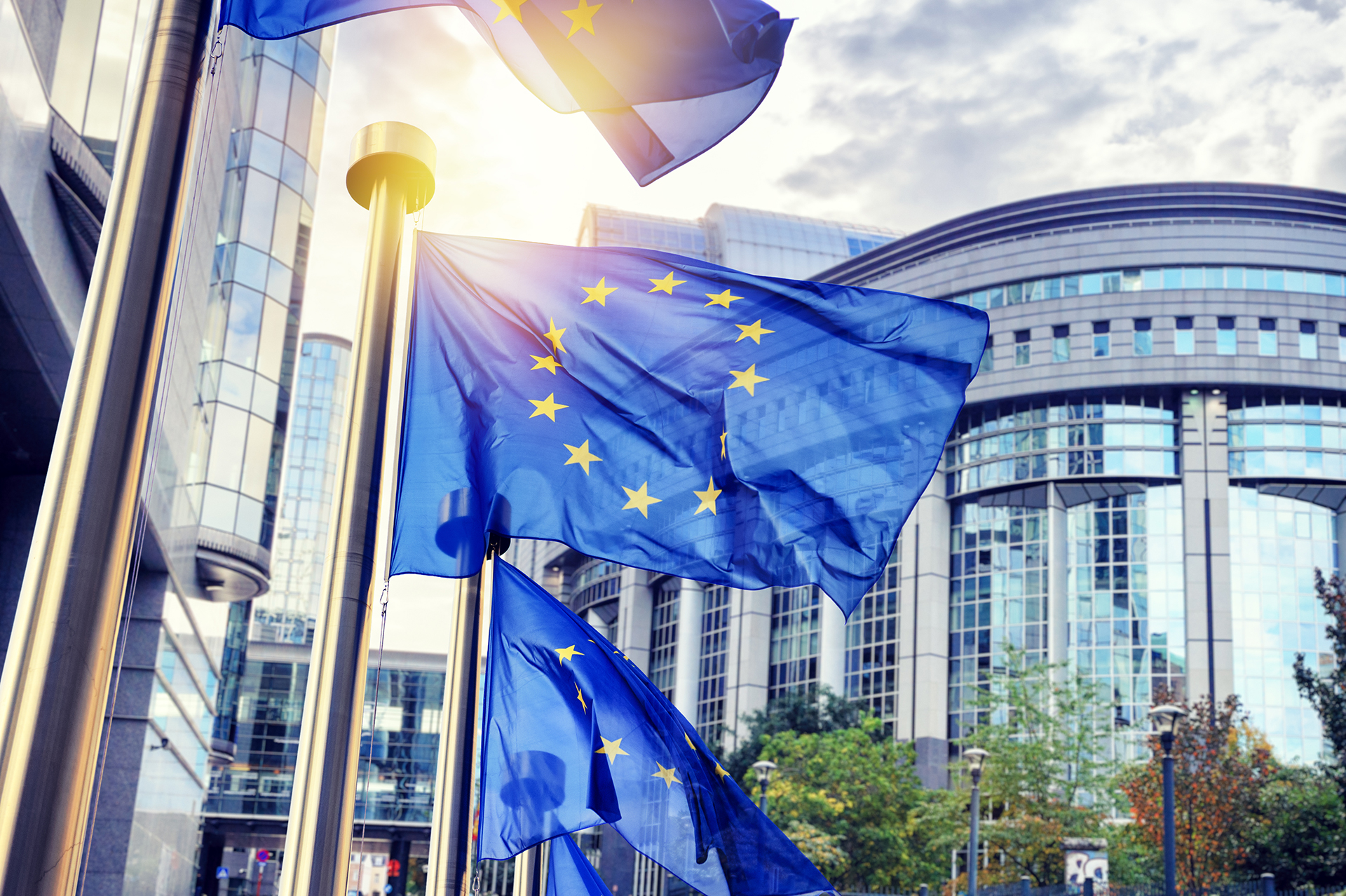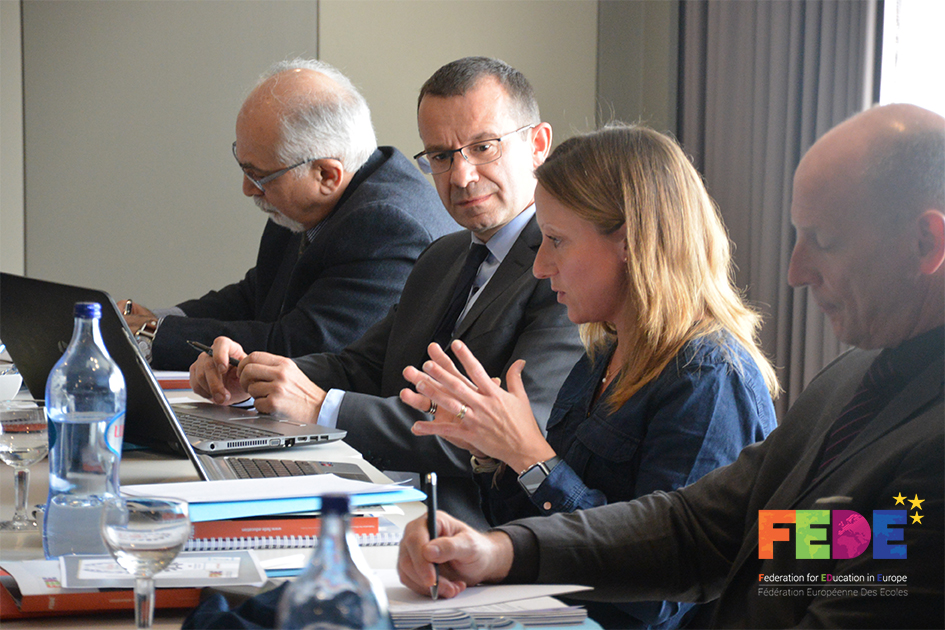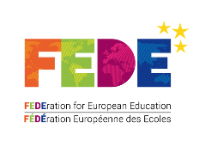FEDE AND EUROPE
The Federation for EDucation in Europe (FEDE) is an international non-governmental organisation (INGO) enjoying participatory status with the Council of Europe (CoE), an INGO that includes 46 Member States representing more than 660 million citizens.
As the leading human rights organisation in Europe, the CoE promotes the rule of law and political stability, while also encouraging the development of Europe’s cultural identity and diversity.
The FEDE is a member of the Conference of INGOs of the Council of Europe, which develops participatory democracy on a pan-European basis.
Participatory status within the Conference of INGOs (CINGO) is granted to organisations that are representative of their field and whose mission and work bring about a more unified Europe. As a member of the CINGO, the FEDE is dedicated to advancing a new model for education in Europe by carrying out the following objectives:
- Bringing together universities and independent educational institutions in order to create a unified model of European higher education.
- Promoting access to education for all, protecting the right to private education, and supporting intercultural dialogue.

Contributions of the FEDE
The FEDE contributes its expertise to both the « Education and Culture » and « Human Rights » Committees.

The Education and Culture Committee works to strengthen European cultural and social values. In June 2015, the Committee adopted its Action Plan 2015 – 2017. Towards this goal, the Committee’s work will focus on the following four themes:
– Teachers interacting with the social and cultural environment
What is the role of the teacher in the 21st century? What support can be given to teachers, head teachers, local councilors, political authorities, and members of NGOs?
– Effective use of digital media within educational practice
What is the impact of media digitalisation on educational practices in Europe, on « living together », on intercultural dialogue, on the history of Europe, and on education in general? What role can education play in digital media ?
– The teaching of history
What is the role of history in education? What is the role of history in the construction of European citizenship?
– The teaching of intercultural dialogue – Living together in Europe
What are appropriate practices in intercultural education? How can teachers foster the development of an inclusive society, that is, adapt their instruction to accommodate cultural differences to ensure equal opportunity?
The Human Rights Committee works on multiple levels to promote human rights effectively. In June 2015, the Human Rights Committee adopted its Action Plan 2015 – 2017. The work of the Committee focuses on discrimination against vulnerable groups:
– Discrimination in access to and enjoyment of civic rights;
– Discrimination in access to and enjoyment of economic and social rights;
– Discrimination in access to and enjoyment of cultural rights.
